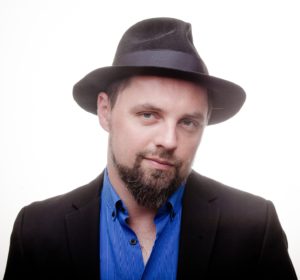
Menachem Mirski
Everything has its meaning. Egyptian slavery was a necessary part of the entire process and has its meaning as well. In fact, as we know also from the history of many other nations, experiencing oppression and suffering is one of the stronger identity building factors. Our story starts from the experience of having been despised, being excluded from the other people, forced to harsh labor and facing bitter, painful reality. It begins with the degradation of slavery but ends with exalted joy of liberation.
We do not get real, full freedom immediately, at once. It is always a process that lasts for some time. The Israelites spent 40 years in the desert to obtain full freedom in the Promised Land. This process is usually divided into stages, in which we grow in our freedom, both externally and internally, until we arrive at our promised land, which can be understood both literally and figuratively. The entire Pesach experience is a manifestation of this process and has two main layers: historical and meta-historical. Its historical dimension conveys the experience of the Israelites coming out of Egypt, in a ritual form. Its meta-historical dimension is a space for our own, individual story about liberation.
Let us think for a moment about our own stories of liberation or about our own Egypts we are going to be liberated this year from. Let’s think about the entire journey we will be going through in the following days, weeks or maybe even months. How long is it going to be? What do we have to do in order to leave our dark places forever behind our backs? What do we need to do in order to get to the Promised Land and to secure our place there? Are there any sacrifices we have to make for it? Is there something we need to change in ourselves? Obtaining freedom opens new possibilities, but also creates new challenges. What are those challenges and how can we deal with them? Are we sure that by our actions we do not push other people into Egypt and we do not increase the amount of suffering in the world? Are we able to share our newly gained freedom with others, especially with those who need it so much?
These are all very important questions since Egypt is a permanent element of human existence. Our task is to remember that and constantly leave the state of slavery, minimizing its impact on human existence and human condition. Ultimately, anything that determines us in some way can become our Egypt, our captivity, even the greatest idea or even… love. There is a deterministic element in it, in its emotional and physical dimension and since these are its important dimensions, we must not fight with them and we must not try to destroy them. What can we do then? What determines us should not lead us astray, but serve our goals, our good and our life. In other words, where we are unable to destroy our “inner pharaohs”, we must take control over them. All of this is possible to achieve. If we only involve all our intellectual and spiritual powers in this process, the path to freedom will be always open.
Let us remember that our past determines our future only to the extent to which we allow it to do so, consciously or unconsciously. Consciousness is the key to freedom.
May this year Pesach be spiritually enriching for all of us.
Hag Kasher ve’Sameach
Shabbat shalom,
Menachem Mirski


















Leave a Reply